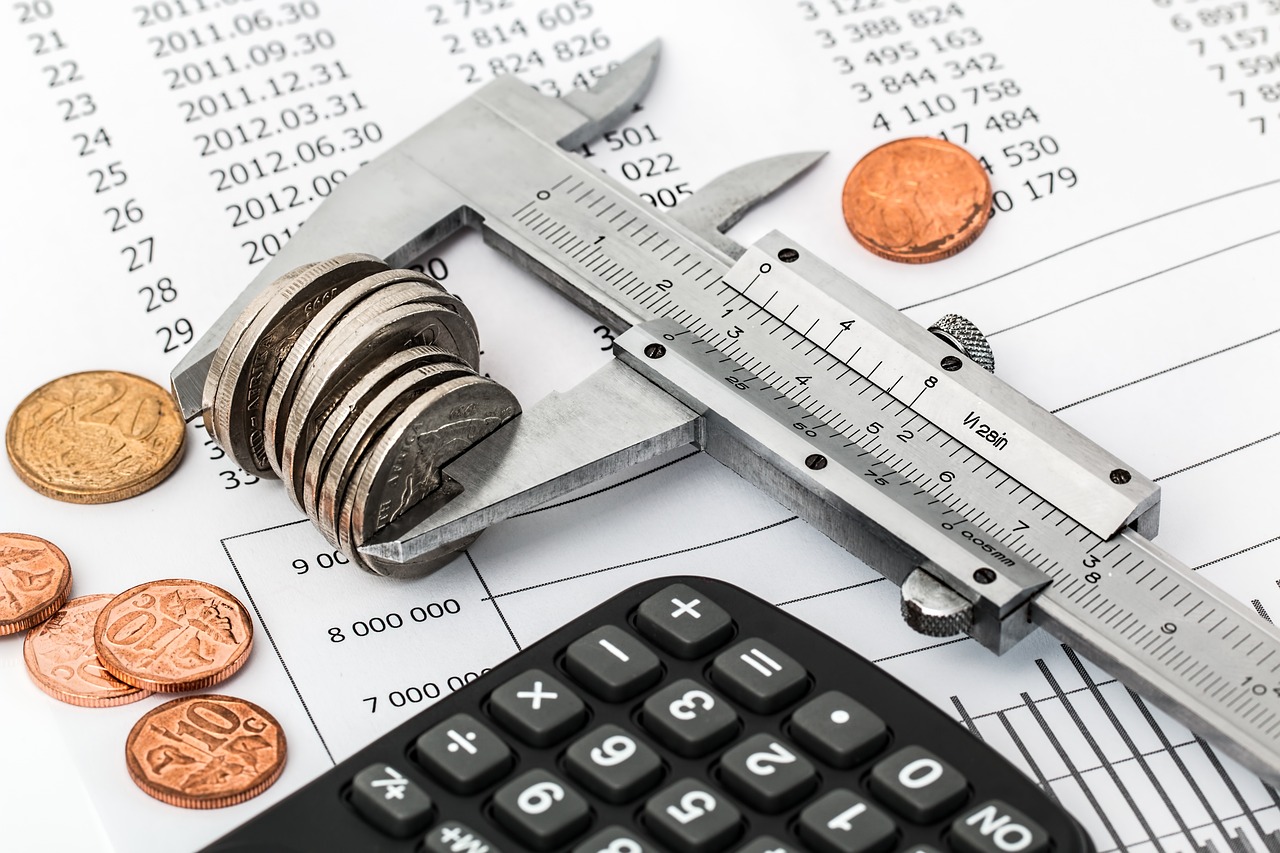As we step into 2025, the financial landscape continues to evolve at a breakneck pace. With inflationary pressures, fluctuating markets, and the rise of digital currencies, managing your personal finances has never been more critical. A foolproof budget isn’t just a tool—it’s your roadmap to achieving financial stability and independence. Whether you’re aiming to eliminate debt, save for a milestone, or simply gain control over your spending, a well-crafted budget is your strongest ally.
Understanding Your Financial Landscape
Before diving into numbers and spreadsheets, take a moment to understand your financial ecosystem. Start by evaluating your income streams—whether it’s a single paycheck, multiple gigs, or passive income from investments. Next, track your monthly expenses meticulously. Categorize them into essentials like housing and utilities, and non-essentials like entertainment or dining out. By gaining a clear picture of where your money goes, you can identify patterns and areas ripe for adjustment.
Expense tracking is not just about discipline; it’s about empowerment. With a full understanding of your financial inflows and outflows, you can lay the foundation for a foolproof budget that reflects your unique circumstances.
Setting Clear and Achievable Financial Goals
Every successful budget starts with a purpose. What do you want your money to accomplish for you? Setting SMART (Specific, Measurable, Achievable, Relevant, Time-bound) financial goals helps transform abstract aspirations into actionable targets.
For instance, instead of vaguely aiming to “save more,” decide to “save $10,000 for an emergency fund by December 2025.” Define both short-term objectives, like paying off a credit card, and long-term ambitions, like investing for retirement. These goals not only guide your budget but also keep you motivated during the inevitable challenges.
Choosing the Right Budgeting Method
No single budgeting method suits everyone. The key is to choose a framework that aligns with your personality and financial needs. Some popular options include:
- Zero-Based Budgeting: Assign every dollar of income to a specific expense, savings, or investment category.
- 50/30/20 Rule: Allocate 50% of income to needs, 30% to wants, and 20% to savings or debt repayment.
- Envelope System: Physically or digitally divide funds into “envelopes” for specific purposes, ensuring you never overspend.
Experiment with different approaches until you find one that balances structure with flexibility.
Leveraging Technology for Budgeting Success
Budgeting tools and apps have revolutionized personal finance management, making it easier than ever to create and stick to a plan. Apps like YNAB (You Need A Budget), Mint, and PocketGuard provide features such as automated expense categorization, real-time tracking, and goal setting.
Integrating these tools into your routine not only saves time but also minimizes errors. Many platforms offer insights into spending habits and suggest ways to optimize your finances. By embracing technology, you can turn your smartphone into a powerful budgeting ally.
Navigating Common Budgeting Pitfalls
Even the most meticulously crafted budget can face derailments. Unexpected expenses, lifestyle inflation, and lack of follow-through are common obstacles. The solution? Build resilience into your budget by including an “unexpected expenses” category and regularly revisiting your plan to accommodate changes.
Additionally, avoid the trap of perfectionism. Budgeting is a learning process, and it’s okay to make adjustments along the way. What matters is staying committed to your financial goals.
The Role of Discipline and Flexibility in Budgeting
Discipline and flexibility may seem like opposing forces, but both are essential for budgeting success. Discipline keeps you accountable, ensuring you consistently track expenses and stick to your plan. Flexibility, on the other hand, allows you to adapt to life’s unpredictability without feeling defeated.
Strike a balance by setting monthly reviews to assess your progress. Adjust categories and goals as needed, but always keep your financial priorities in sight.
Summary: Your Path to Financial Mastery in 2025
Building a foolproof budget for 2025 isn’t just about numbers—it’s about crafting a system that aligns with your values and goals. By understanding your financial landscape, setting clear objectives, and leveraging the right tools, you can navigate the year with confidence and control. Remember, a budget is not a constraint—it’s a pathway to the freedom and stability you deserve. Embrace the process, and let 2025 be the year you achieve financial mastery.
Please like, comment, and share this article if you found it helpful and
informative.
For more news check out Big Town Bulletin News
For more from Big Town Bulletin check out Big Town Bulletin
Please like, comment, and share this article if you found it helpful and
informative.
For more news check out Big Town Bulletin News
For more from Big Town Bulletin check out Big Town Bulletin


